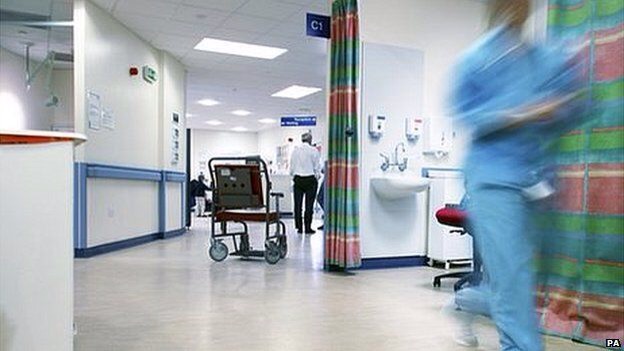Will help with targets for 2020 – could see 70,000 people with long-term conditions having care closer to home and out of hospital.
Principles around sharing power and making decisions within Greater Manchester health and care devolution have been agreed – and are unprecedented in England.
The governance plans have been developed from February’s historic health and social care devolution announcement – and the Memorandum of Understanding (MoU) between the region’s 10 local authorities, 12 NHS Clinical Commissioning Groups and 15 NHS providers.
February’s MoU was an outline of a start of a process from April 1, which put local people in the driving seat for deciding on health and social care services to suit Greater Manchester. One of the key principles behind the MoU was that there would be no reorganisation of the NHS or its mandate. It also underlined the need for Greater Manchester to establish strong ongoing governance for the work undertaken together.
Now, the strategic partnership board is set to run in shadow format from October and will be responsible for setting out the vision for Greater Manchester’s health and social care economy to achieve the aims of devolution.
By 2020 we could see 2000 fewer children with chronic (long-term) conditions, 60,000 fewer adults with chronic condition and 6000 fewer people with cancer;
The plans also aim for 10 per cent fewer visits to urgent care and 18,000 children better supported by local services to live in stable, caring homes helping them to progress in education;
Nearly 70,000 people with chronic conditions with community will be helped to manage their conditions in a way that suits them.
This could also reduce demand on planned (elective) hospital services by 15% and help these patients to have 20% fewer unplanned hospital admissions;
25,000 people with severe and long-term mental illness benefitting from proactive community care to stop their mental health deteriorating and this could reduce their involvement with urgent services by 30%.
Lord Peter Smith, GMCA lead on health, said: “This is a once in a lifetime opportunity to design a system that brings the delivery of health and social care together in Greater Manchester to improve health, give better outcomes for residents and reduce health inequalities in the region.”
Dr Hamish Stedman, chair of the Association of Greater Manchester CCGs, said: “These plans are the start of a formal framework which mean we can carry on working with the same momentum and scale as in the last six months, which is key to driving our devolution ambitions.”







